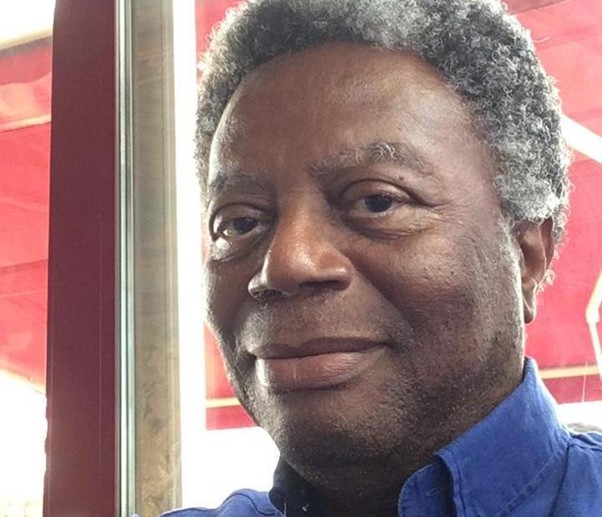Prof. Okello Oculi: A quiet architect of African social integration passes on

The African continent has lost one of its most enduring thinkers and cultural bridge-builders. Professor Okello Oculi, the Ugandan-born scholar, poet, and pan-African intellectual who spent nearly five decades shaping Nigerian academic and political discourse, passed away on July 26 in Abuja, Nigeria. He was 83.
Born in 1942 in Okwalongwen village in what is now Dokolo District, Uganda, Oculi began life in a rural setting that would deeply influence his writing—rich in folklore, keenly observant of everyday struggles, and steeped in communal ethics. His early education across Soroti, Tororo, and Kisubi schools placed him in Uganda’s top academic stream, culminating in a BA in Political Science from Makerere University in 1967. It was a path that led him through Stanford, Essex, and the University of Wisconsin–Madison, collecting intellectual tools he would later deploy in service of Africa.
But it was Nigeria that became both his stage and canvas.
After joining Ahmadu Bello University (ABU), Zaria, in the 1970s, Oculi embedded himself in the Nigerian intellectual landscape. At ABU’s Department of Political Science, he was more than a lecturer—he was a curator of African thought. He introduced generations of students to the connections between politics, literature, health, and social justice, laying the groundwork for what we now recognise as an interdisciplinary Africanist approach. His courses—“Literature and Politics,” “Health Policy Analysis”—were ahead of their time.
Even after leaving formal academia, Oculi continued shaping ideas. From his base in Abuja, he became a fixture in editorial boardrooms, most notably at Daily Trust, where he provided unflinching pan-African analysis. He launched Africa Vision 525, a civic initiative that trained young African women in research and diplomacy, echoing his long-running model of OAU Mock Summits. He understood early on that political integration needed to be seeded in minds long before it could be realised in treaties.
In both writing and speech, Oculi bridged village and nation, tradition and modernity. His literary output—Kookolem, Malak, Orphan, Banana Man, among others—read like dispatches from a continent in flux, riddled with contradictions but rich with potential. His satire spared no one. His poetry, often deceptively playful, examined corruption, urban decay, and the collapse of communal values with a sharp but never cynical tone.
It is no exaggeration to say Oculi lived African unity—not as ideology but as practice. That he chose to settle permanently in Nigeria, marrying into the society, investing in its future, and always calling for African self-definition, speaks to a man who embodied the integration he espoused.
His death, though quiet, marks the departure of a distinctly African voice—intellectually rigorous, culturally rooted, and politically fearless.
He leaves behind a body of work that will serve generations of thinkers, and a legacy as one of the few who truly lived the African dream across borders.
Professor Okello Oculi is survived by his wife, a Nigerian media entrepreneur, and two sons. But he is also survived by a continent to which he gave his full measure.


 Equity Bank vs Emin Pasha Hotel: The cost of conflating public inefficiency with private risk
Equity Bank vs Emin Pasha Hotel: The cost of conflating public inefficiency with private risk
 Prof. Kanyeihamba dies at 85, leaving behind a legacy of law, dissent, and eccentric genius
Prof. Kanyeihamba dies at 85, leaving behind a legacy of law, dissent, and eccentric genius
 Beyond the Handshake: Why corporate-led health partnerships must become the norm
Beyond the Handshake: Why corporate-led health partnerships must become the norm
 Gen. Muhoozi’s probe into false intelligence is a good start—now let it go further
Gen. Muhoozi’s probe into false intelligence is a good start—now let it go further
 I dreamt that farmers became millionaires—then I woke up in Kigali
I dreamt that farmers became millionaires—then I woke up in Kigali
 Equity Group’s bold purge is a watershed moment for African banking
Equity Group’s bold purge is a watershed moment for African banking
